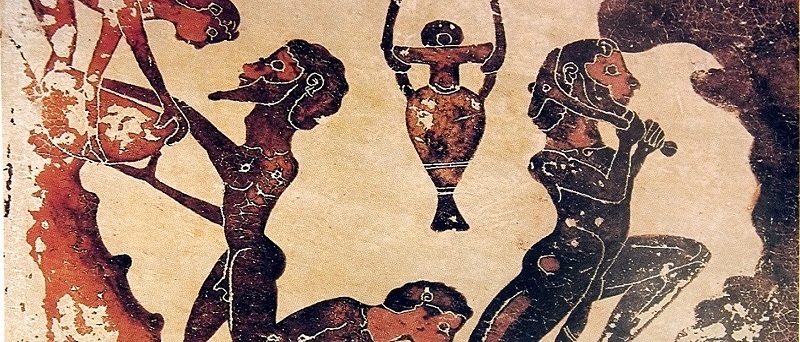Slaves in Athens
Posted on 26th December 2020
Slaves had no rights in Ancient Greece; they were chattel slaves, owned either by masters or by the state; they came from prisoners of war, piracy, banditry or international trade.
Most households in Athens owned at least one slave; to not own a slave at all was a sure sign of poverty.
Slaves were not necessarily treated well by their owners but it was illegal for owners to beat or kill their slaves. Athenian law forbade the striking of slaves although this is still believed to have happened. The master could do as he liked with his slave; he could keep him, sell him, lease him out or give him away; the slave had no choice but to obey the master.
Slaves owned by the city-state did have more freedom than household slaves, they were allowed to live on their own and work for the state. Slaves were allowed to marry and have children, however as their family unit was not recognised by the state, the members of the family could be separated at will.
It was not possible for a slave to own property but they could save up and buy their freedom; they could then run a business and pay a fixed payment to their former master.
If a slave was called to give evidence in a trial, the testament was only accepted as true if the slave was tortured; even though tortured, slaves normally remained loyal to their master.
There was slave rebellion and revolt in Athenian society, but this was rare as slaves came from so many different nationalities it was difficult to organise them into rebellion.
Tagged as: Junior Ancient Greece
Share this post:





